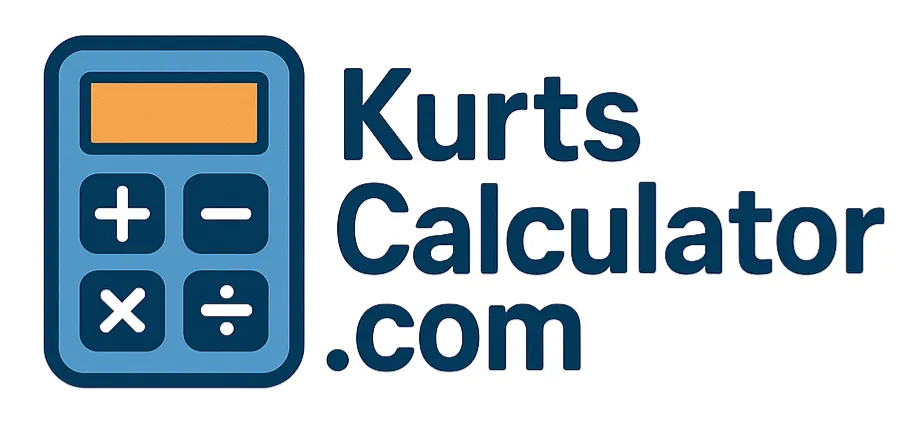
Summary of What is Happening:
🎓 Student Loans — Transitioning Out of CARES Act Forbearance
March 13, 2020:
All federal student loans were placed in automatic forbearance.
No payments are required, there is 0% interest, and there is no impact on credit.
After Sept. 2023:
Interest resumed.
Missed payments are now reported as deferred.
Sept. 2024 – Payments Officially Due:
1st missed payment: 30 days late →No credit impact
2nd missed payment: 60 days late →No credit impact
3rd missed payment: 90 days late →Now reported as a 90-day late payment
Clients may think they still have time, but that third missed payment can seriously damage credit. Be sure they know what’s coming.
Student Loans — Collections Restarting Soon
Starting May 5, 2025, the Department of Education will restart collections on defaulted federal student loans. This means
tax refunds, Social Security payments, and wages could be garnished.
We encourage your borrowers to:
Check loan status on the Federal Student Aid site.
Explore repayment options like income-driven plans or loan rehabilitation.
Act quickly to avoid financial penalties.
CARES Act - Quick Overview
The CARES Act was enabled March 13, 2020 as a result of the COVID-19 pandemic. This temporarily paused all eligible student loan payments and set the interest rate to 0%, and officially ended September 1, 2023.
Now that the payment pause has ended, you are responsible for paying both your loan principal and any unpaid interest.
Why am I now being reported as late?
When the CARES Act ended in 2023, servicers were allowed to collect interest again, but continued to mark the loans as deferred. Starting in late 2024, they removed the deferment verbiage and marked clients late after 90 days of no payments.
What is changing, when and how will this affect me?
On Feb. 18, 2025, a federal court issued a new injunction preventing the U.S. Department of Education from implementing the Saving on a Valuable Education (SAVE) Plan and parts of other income-driven repayment (IDR) plans. As a result, the IDR and online loan consolidation applications were temporarily unavailable.
However, as of March 26, 2025, the online IDR application is once again available for eligible borrowers to apply for the Income-Based Repayment (IBR), Pay As You Earn (PAYE), and Income-Contingent Repayment (ICR) Plans. The online loan consolidation application is also available again.
How can this change my credit score?
A TransUnion analysis estimates that roughly 20% of the 19.6 million student loan borrowers are at risk of defaulting, excluding people in deferment or forbearance and private student loan borrowers.
On average, people who faced default lost an average of 63 points, TransUnion found, although those with higher credit scores were at risk of losing much more. Those with a credit score of 781 or higher could see an average credit score decline of 175 points due to impending student loan defaults.
Renters aspiring to become homeowners need education on dealing with credit score impacts if they default, down payment assistance programs and student loan-friendly mortgage options.
Federal Government Debt Collection
Q: What loans are included?
A: Any student loans that have entered default after 270 days of nonpayment.
Q: When does this start?
A: May 5th
Q: How will the government collection on this debt?
A: Wage Garnishment, Tax Refunds, Social Security Benefits
An expected 5.3 million people are currently in a default status with another 4 million that are 3 months behind on payments.
What Can I do to avoid this?
If you are not currently in default, past due or have recently been marked late for student loans on your credit report, you should work to get in touch with your student loan servicer ASAP!
Borrowers still have options to avoid the harshest penalties. One path out of default is loan rehabilitation - a process that requires nine consecutive on-time payments based on income and expenses. Betsy Mayotte, President of The Institute for Student Loan Advisors, noted that rehabilitation is a one-time opportunity, but for many, it offers a path back into good standing.
Loan servicers can guide borrowers through the rehabilitation process, but time is of the essence.
Resources
Federal Student Aid Website:
https://studentaid.gov/
Check the status of your Student Loans:
https://studentaid.gov/fsa-id/sign-in/landing/?redirectTo=/aid-summary/loans
Loan Simulator to compare repayment plans:
https://studentaid.gov/loan-simulator/
Apply for Income-Drive Repayment:
https://studentaid.gov/idr/
This is not a commitment to lend. All loans are subject to credit approval. This information is not intended to be an indication of loan qualification, loan approval or commitment to lend. Other limitations may apply. No Tax Return loans products require other forms of income documentation and asset verification in lieu of tax returns. Not all applicants will qualify. Some products we offer may have a higher interest rate, more points or more fees than other products requiring more extensive or different documentation. Minimum FICO, reserve, and other requirements apply.
Kurt Raymond Kessler NMLS #365130 | Barrett Financial Group, L.L.C. NMLS #181106 | 2701 East Insight Way, Suite 150, Chandler, AZ 85286 | CA 60DBO-46052 & 41DBO-148702
Licensed by Dept. of Financial Protection & Innovation under the California Residential Mortgage Lending Act. Loans made or arranged pursuant to a California Financing Law License


Licensing | Legal | Privacy-Policy/Terms & Conditions | Accessibility Statement | NMLS Consumer Access | www.barrettfinancial.com
All Rights Reserved | Copyright © 2025


